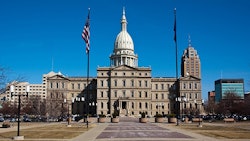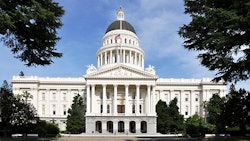
The Seattle City Council unanimously approved a package of legislation Sept. 6 to help create a more equitable cannabis industry.
The bills, backed by Mayor Bruce Harrell, would, among other provisions, establish a social equity cannabis license for qualifying entrepreneurs in the city.
RELATED: Mayor Introduces Cannabis Equity Bills in ‘One Seattle’ Approach
The legislative package is made up of three bills, as outlined in a press release:
- CB 120391 – Expresses the City of Seattle’s intent to: engage in cannabis equity, expungement of cannabis convictions, equity work and funding, and develop a needs assessment for needs within the workforce and cannabis industry
- CB 120392 – Advances equity in cannabis licensing and expands licensed activities
- CB 120393 – Requires employers to take action to develop job retention, security, and stability within the cannabis industry
“I am very pleased to see that this joint effort between my office, the Council, [Finance and Administration Services] (FAS) and community stakeholders has resulted in the passage of this suite of bills,” Harrell said in a public statement. “It’s worth repeating that this is a first—but necessary—step toward equity long overdue in the cannabis industry. The work still to come will highlight additional opportunities for improvement in our current system, and I look forward to the recommendations that result from the Cannabis Needs Assessment. This work won’t be easy, but I believe together we can foster an open conversation between workers, community members and industry leaders to identify common priorities and align on efforts to advance our shared values of equity and restoration.”
The bills will be effective 30 days after Harrell signs them into law, although the protections outlined in the job retention ordinance will be implemented nine months after the effective date to give the Office of Labor Standards time to prepare for the new regulations, according to the press release.

























